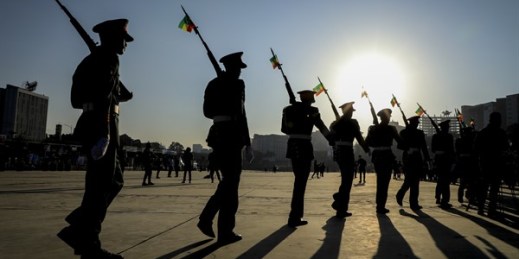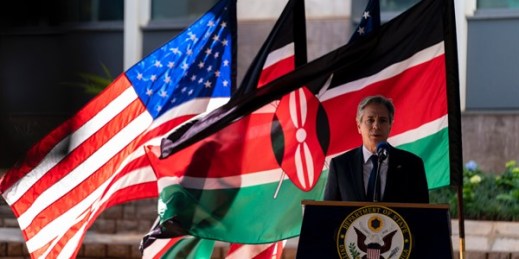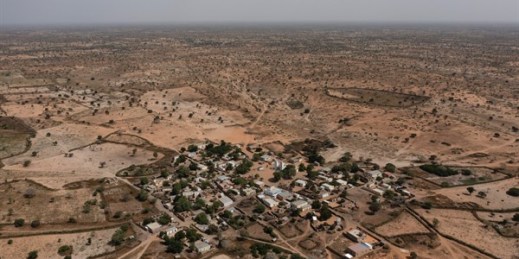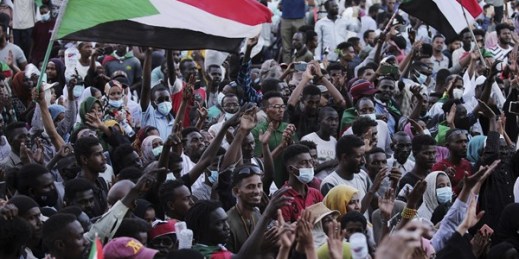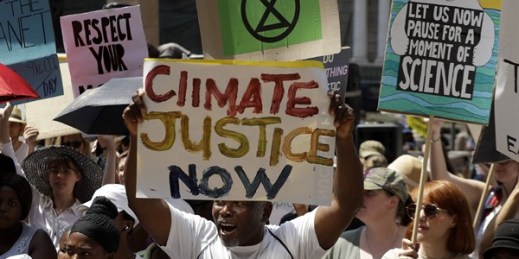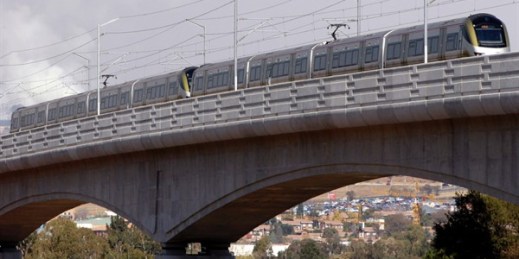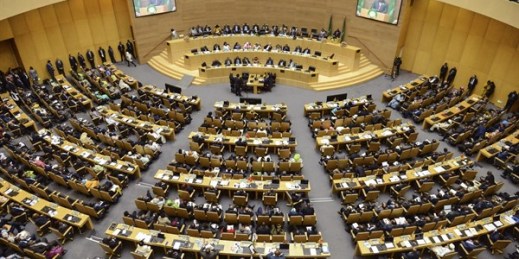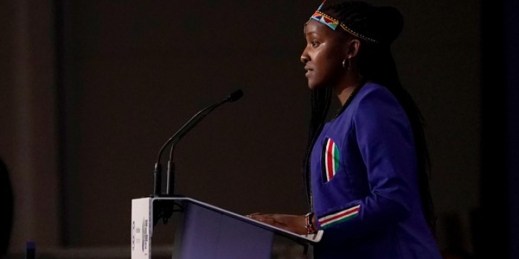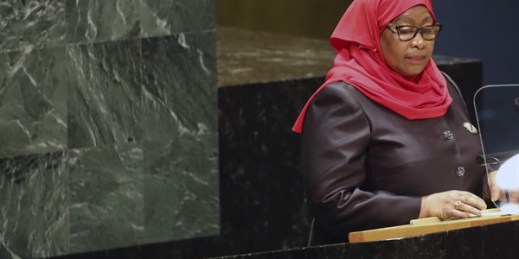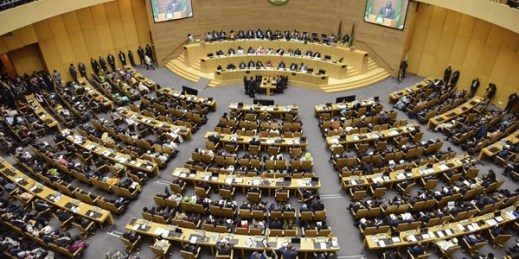
A number of recent developments, including the civil war in Ethiopia and a spate of military takeovers in Mali, Guinea, Sudan and Chad, have exacerbated longstanding concerns of democratic backsliding, the return of military coups and the viability of the nation-state in Africa. The reactions of regional bodies and the African Union to these developments have been typified by carefully worded diplomatic statements, suspension of erring member states from group activities and weak sanctions, evoking familiar criticisms of those organizations as “dictators’ clubs” beholden to national leaders at the expense of the citizens they ostensibly serve. The inability of these bodies to […]

